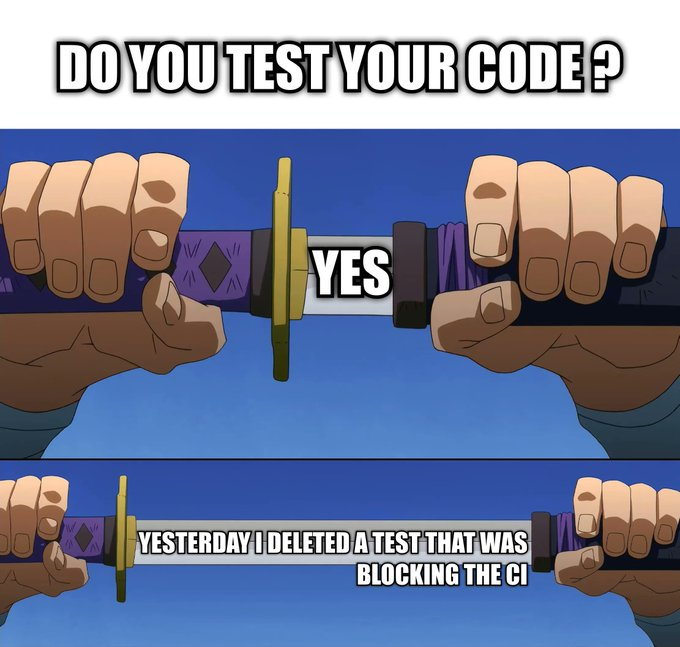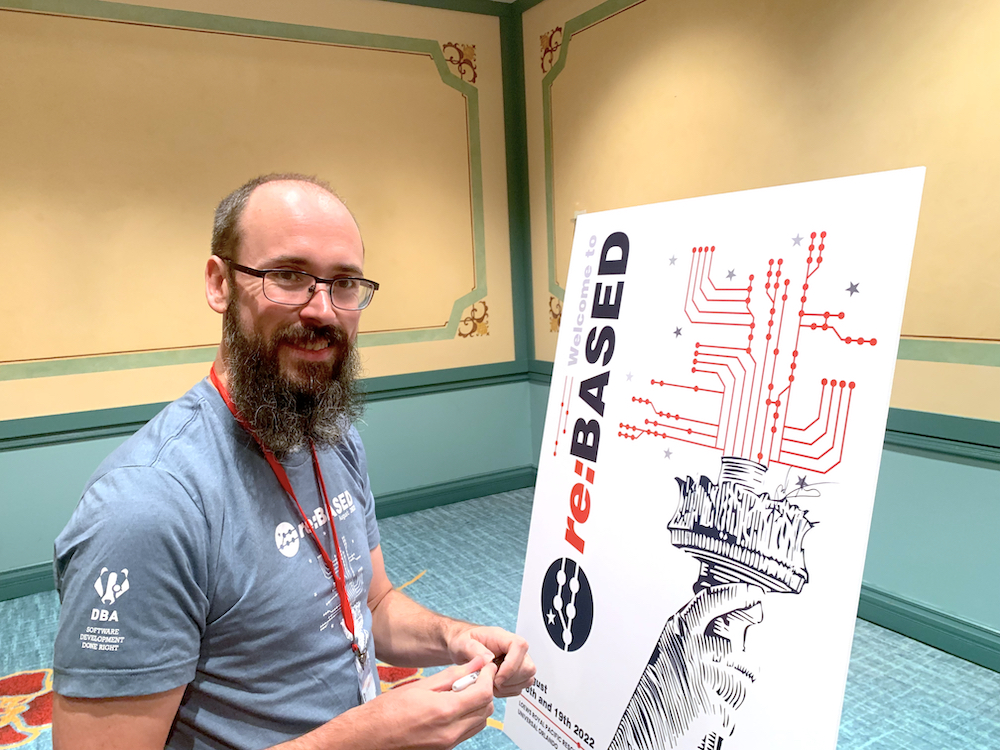Hello! This is DBA’s inaugural weekly newsletter. Each week we round up some of the more interesting articles we’ve been passing around that we think you’ll like, plus talks from the re:BASED conference.
Uncancellable Infrastructure
Listen to Josh Adams and Tom Miller discuss building an uncancellable infrastructure at re:BASED 2022. We believe in making the world we want to see. That is just what Josh and Tom talk about here.
Please remember to keep an eye out for more talks from re:BASED as they become avalable. You can find all the released talks at https://rebasedconf.com/2022.
Castles in “the cloud”, State Machines FTW, Metadata Management
Top story this week: Don’t build on other people’s land. Also, some interesting discussions about tag systems and state machines; tools for color systems; a Flutter library for abstracting data stores; and more.
-
Don’t build your castle in other people’s kingdoms — A beautifully-illustrated analysis of how dumb it is to spend your marketing efforts getting people to go to a website you don’t own. This is a can’t-miss article about game making, but goes for any business. The diagrams are great and helpful, as well… a very cool use of a tileset.
-
Designing Logic Systems Using State Machines — State machines can simplify and better-define your code, and this book from 1973 means you should be using them by now if you aren’t.
-
Blending Modes — Blending modes, explained at last!
-
Accessible Pallette — Create color systems with consistent lightness and contrast. Better than just rotating through HSL
-
Introducing Stock — An open source dart package that combines different data sources into one data stream by implementing a repository pattern across multiple data stores
-
Defeat censorship with Stealth — Proton VPN introduces its new “Stealth” VPN protocol to combat censorship. This is cool because it fights deep packet inspection while optimizing for performance.
-
Hillel Wayne on content tagging systems — “A tag is a metadata label associated with content, primarily used for querying and grouping” (managed by humans mostly)



